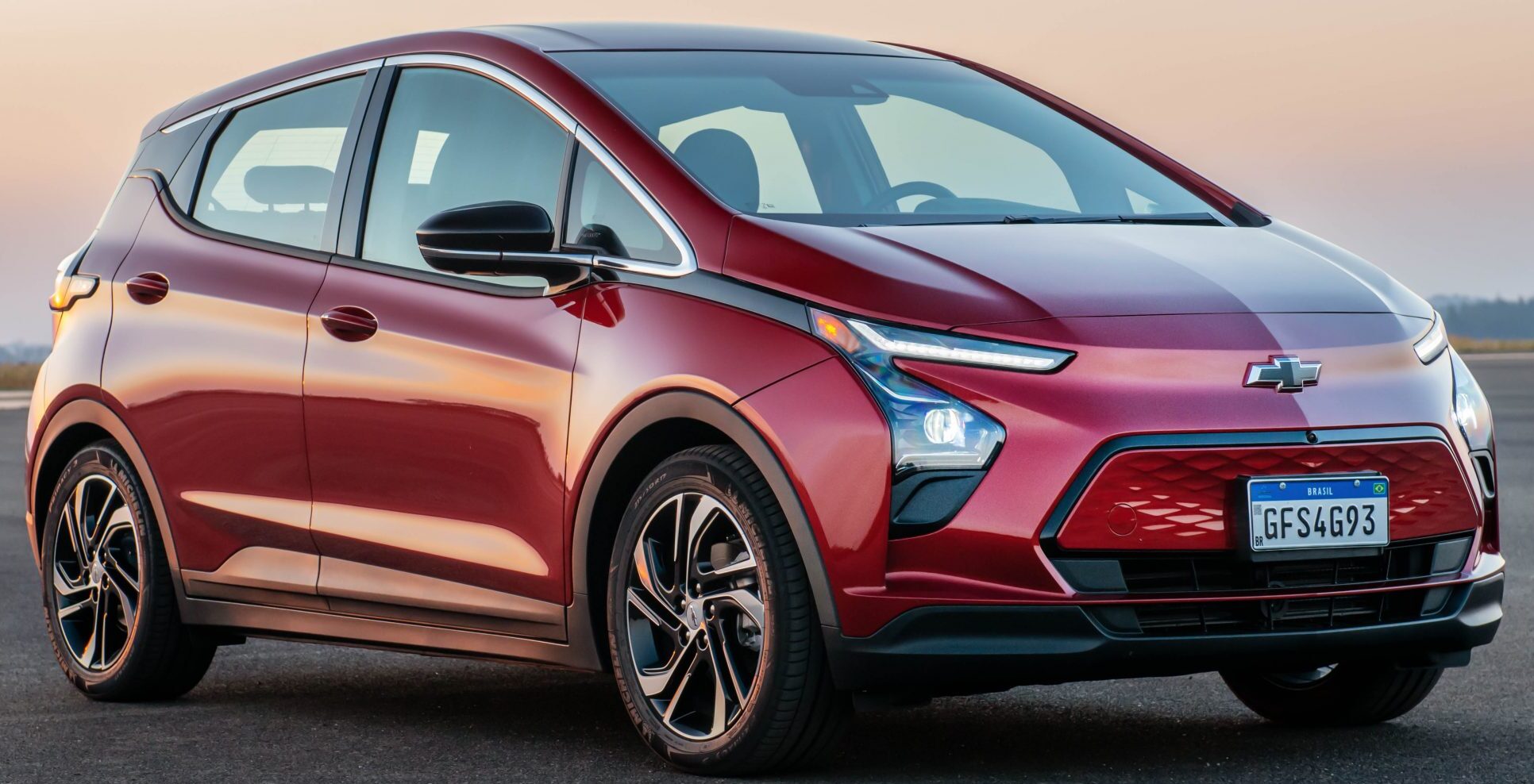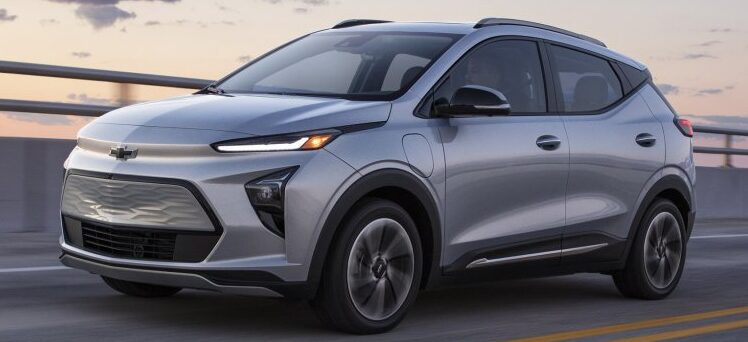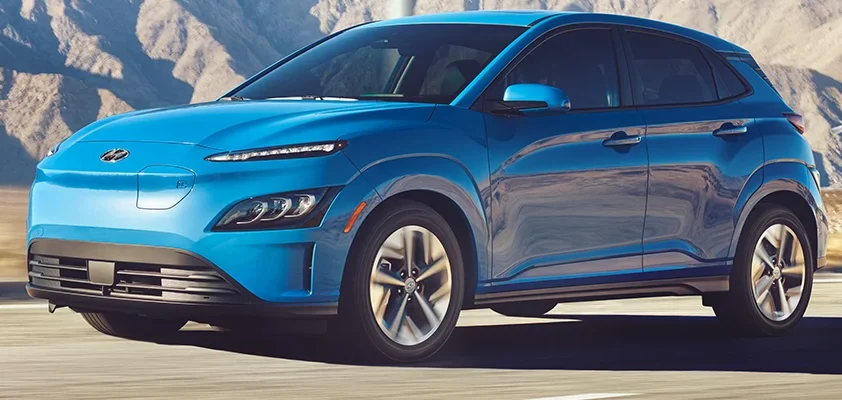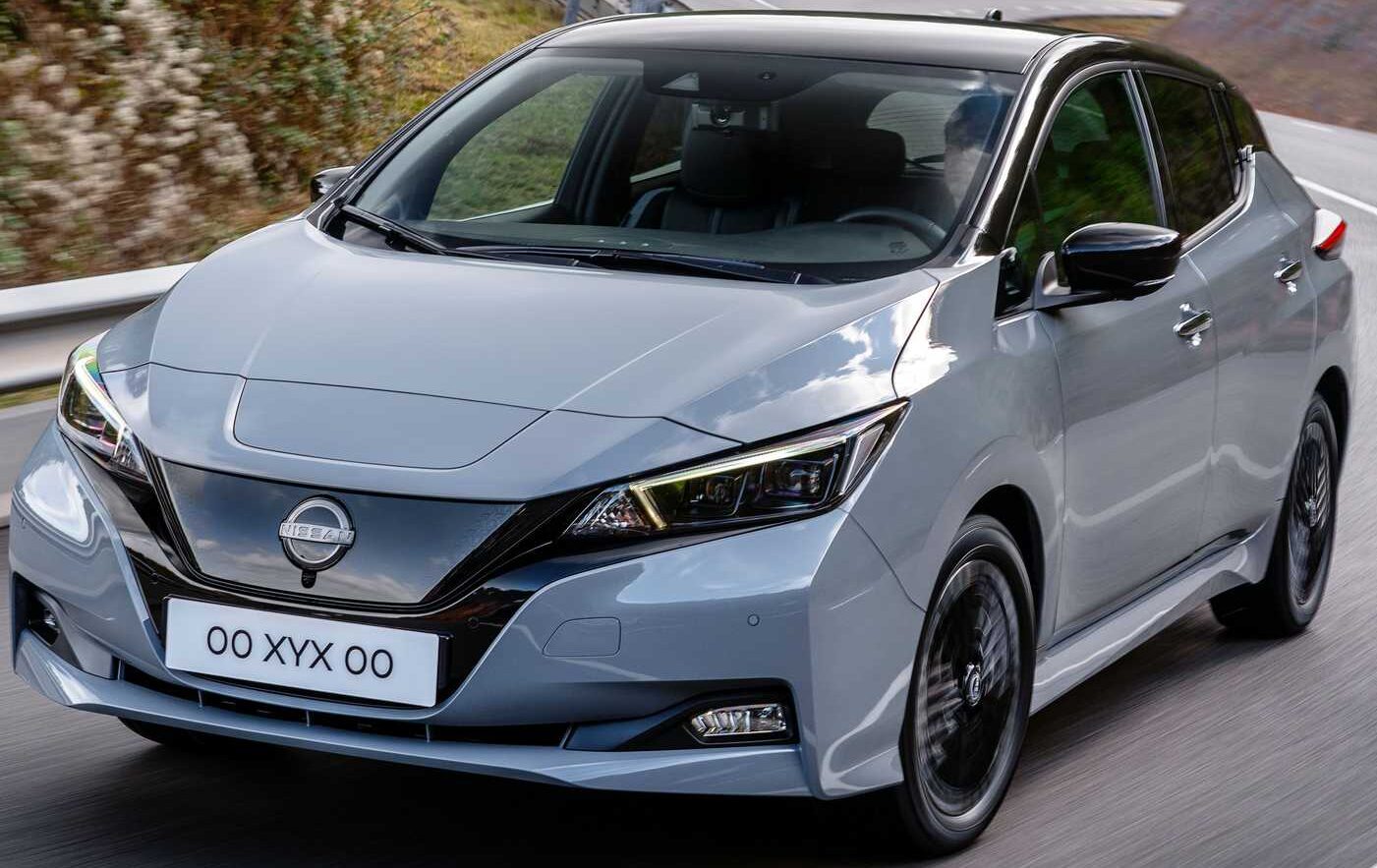The Best Electric Cars for Budget-Minded Buyers in 2023 (PDF)
Electric vehicles (EVs) are typically more expensive than gas-powered vehicles, but there are still a few affordable sub-$30,000 EVs available. Some models have starting prices below $30,000, and a couple of others dip below $30,000 when you factor in the federal tax credit of $7,500 that is available for certain models.
Not all EVs qualify for the tax credit if you lease them. However, some manufacturers pass the savings on to lessees, so it’s worth checking with the automaker before you lease an EV. The tax credit is applied to the sales price of the EV if you lease it, rather than to your federal taxes at the end of the year.
If a new EV is out of your budget, you may be able to find a used EV that qualifies for a federal tax credit of up to $4,000. We have rounded up the five best sub-$30,000 EVs that you can purchase or lease, including the starting price and destination fee.
Here are the five best sub-$30,000 electric cars that you can purchase or lease in 2023:
- Chevrolet Bolt EV: Starting at $26,500 after the federal tax credit.
- Chevrolet Bolt EUV: Starting at $33,000 after the federal tax credit.
- Hyundai Kona Electric: Starting at $34,000 after the federal tax credit.
- Mini Hardtop Cooper SE: Starting at $30,750 after the federal tax credit.
- Nissan Leaf: Starting at $28,140 after the federal tax credit.
1. Chevrolet Bolt EV

The Chevrolet Bolt EV is the most affordable electric car on the market. After the federal tax credit of $7,500, it starts at just $26,500. That’s significantly less expensive than most other EVs, including the slightly larger Bolt EUV and the base Nissan Leaf S.
The Bolt EV was first introduced in 2017, and it quickly became a popular choice for EV shoppers thanks to its affordable price and long driving range of 259 miles. It’s also available in two trim levels: 1LT and 2LT. The 1LT comes standard with a 10.2-inch touchscreen, wireless smartphone connectivity, and a rearview camera. The 2LT adds leather seats, heated front seats, and a surround-view camera system.
The Bolt EV is a great choice for anyone looking for an affordable and practical electric car. It’s spacious and easy to see out of, and it has plenty of tech features. However, the ride can be a bit bumpy on rough roads, and the charging speed at public Level 3 fast chargers is relatively slow.
The Bolt EV is being discontinued in 2023, but Chevrolet will introduce a redesigned model in the future. If you’re interested in buying a Bolt EV, act soon because supplies are limited.
2. Chevrolet Bolt EUV

The Chevrolet Bolt EUV is the SUV version of the Bolt EV. It’s similar in many ways, but the Bolt EUV is longer and provides more legroom for both front and rear passengers. Cargo space is the same, however. The larger size also results in a slightly lower driving range of 247 miles. The price is also slightly higher than the Bolt EV, but it still qualifies for the federal tax credit.
The Bolt EUV was introduced for the 2022 model year and is available in two trim levels: LT and Premier. The LT comes standard with features similar to the Bolt EV’s base trim, including a 10.2-inch touchscreen, wireless smartphone connectivity, and a rearview camera. The Premier adds heated front and rear seats, ventilated front seats, and a hands-free driving system called Super Cruise.
The Bolt EUV shares many strengths with the Bolt EV, including a comfortable ride and a spacious interior. However, it doesn’t offer all-wheel drive or as much cargo space behind the rear seats as some other electric SUVs. The Bolt EUV also takes longer to charge at public Level 3 fast-charging stations than most other EVs.
The Bolt EUV is being discontinued in 2023, along with the Bolt EV. If you’re interested in buying one, act soon because supplies are limited.
3. Hyundai Kona Electric

The Hyundai Kona Electric is an electric SUV that doesn’t qualify for the federal EV tax credit anymore if it’s purchased. However, when leased, Hyundai gets the $7,500 federal tax credit and is one of the brands that pass on the savings to the customer. That means you can get a Kona Electric for under $30,000 with a lease. Even without the tax credit, the Kona Electric is still one of the most affordable EVs.
The Kona Electric has a driving range of 258 miles, although it can go up to 308 miles in real-world driving conditions. It can be charged from 10% to 80% in 47 minutes at an appropriate fast-charging station. This is a decent charging speed, but there are faster-charging EVs available. You can fully charge the battery overnight at home.
The Kona Electric is available in three trim levels: SE, SEL, and Limited. The SE comes standard with wireless smartphone connectivity, heated front seats, and a handful of advanced driver-assistance features. The SEL adds a power-adjustable driver’s seat, a blind-spot monitoring system, and a rear cross-traffic alert. The Limited gets you a Harman Kardon audio system, a head-up display, and adaptive cruise control.
The Kona Electric is one of our highest-rated EVs. It has a strong range, nimble handling, plenty of tech features, and a comfortable and quiet interior. However, the rear seats and the cargo area are on the small side. The 2023 model year is the last year of the current generation. The remodeled 2024 Kona Electric is expected to have improvements compared to older models but will have a higher cost.
4. Mini Cooper SE

The Mini Cooper SE is an electric hatchback that doesn’t qualify for the federal EV tax credit when purchased. However, when leased, Mini passes the tax credit to the customer as a lease credit. This means you can get the Cooper SE for under $30,000 with a lease. Even if you don’t lease, the Cooper SE is still one of the most affordable EVs on the market. The Cooper SE has a driving range of 114 miles, which is one of the shortest ranges of any new EV. However, it can go up to 150 miles in real-world driving conditions. It can be charged from an almost depleted battery to 80% capacity in about 36 minutes, which is not as fast as some other EVs. You can fully charge the battery overnight at home.
The Cooper SE is available in three trim levels: Classic, Signature, and Iconic. The Classic trim comes standard with a package of advanced driver-assistance features, synthetic leather seats, and heated front seats. While Android Auto is not accessible yet, Apple users can still enjoy Apple CarPlay smartphone connectivity.
The Cooper SE is only available in the two-door hardtop body style, so it’s not a good choice if you need to carry more than two people. It also has tiny rear seats and a very small cargo area. The Cooper SE also has a harsh ride.
Despite its shortcomings, the Cooper SE is a fun and distinctive EV. It’s fun to drive and highly customizable, and its small size makes it a great car for dense urban areas. If you’re okay with its tiny stature and driving range, the Cooper SE is a great option.
5. Nissan Leaf

The Nissan Leaf is an electric car that doesn’t qualify for the federal EV tax credit anymore. However, some manufacturers pass the tax credit on to customers when they lease an EV. Nissan is not one of those manufacturers, so the base Leaf S is the only model you can buy for below $30,000. The Leaf SV, which offers more range and more features, starts at $37,285.
The Leaf S has a driving range of 149 miles, which is less than most new EVs offer. It can be charged from a nearly depleted battery to 80% in about 40 minutes using a fast-charging station, but only certain fast-charging stations support the Leaf’s older-style CHAdeMO fast-charging port. You can fully charge the battery overnight at home.
The Leaf S comes standard with a solid list of features, including keyless entry with push-button ignition, smartphone connectivity, and a sizable package of advanced driver-assistance features. It also has roomy front seats, plenty of cargo space, and a quiet and comfortable ride.
The Leaf was a pioneering model for affordable EVs and has a strong following of budget-minded EV shoppers. However, without the federal tax credit, it’s not as affordable as it once was and is starting to show its age in a segment filled with newer rivals. Bolt EV or the Kona Electric could be better options if you’re looking to get the most out of your money.
If you’re into the automotive area, don’t forget to check out our blog for more car-related content: Auto Appraiser Blog
